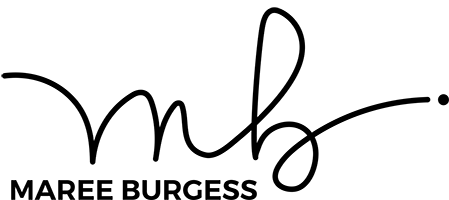
Have you ever walked into a room and felt an instant connection with someone?
Or have you experienced the opposite - a sense of unease or disconnect?
Or someone has given you their perspective on one of your team's performance or behaviour. Whether positive or negative, it will impact how you view that team member.
As leaders, our ability to forge strong connections can make or break our success.
Today, let's explore the art of becoming a powerful connector and how it can transform your leadership journey.
The Foundation of Leadership: Building Connections
At the heart of effective leadership lies our capacity to connect with others. It's not just about being likable it's about creating an environment where everyone feels valued, respected, and safe to contribute their unique perspectives.
The three key elements that form the foundation of powerful connections:
1. Fostering a sense of belonging
Imagine a workplace where everyone feels they can truly be themselves. That's the power of belonging. It's about creating an environment where diversity is celebrated and every team member feels valued for their unique contributions.
Recently, I've been working with a voice coach and learned the concept of 'voice masks'. Meaning most of us put on different voice masks that impacts how we interact it with others. It could be a 'people pleaser' voice mask, a 'need to prove I am good enough' voice mask or one of many others. This means we are not our true selves, that person our loved ones and friends see regularly.
If you want to foster a sense of belonging in the workplace, accepting people for who they are is essential.
How can you cultivate belonging in your team?
Encourage open dialogue and diverse perspectives
Recognise and appreciate individual strengths
Create opportunities for all team members to contribute meaningfully
Remember, when people feel they belong, they're more likely to engage, innovate, and go the extra mile.
2. Building trust: the cornerstone of strong relationships
Trust is the glue that holds teams together. It's about being reliable, accepting others for who they are, and maintaining transparency in your communications.
Here are some ways for you to build trust within your team:
Follow through on your commitments
Share information openly (within appropriate boundaries)
Accept and learn from mistakes - both yours and your team's
3. Nurturing relationships: the magic of rapport
Building rapport is about reducing the differences between yourself and others at an unconscious level. It's a skill that allows you to connect with anyone, regardless of whether you naturally "click" with them or not.
Try these techniques to enhance your rapport building skills:
Practice listening (no, really listening)
Mirror body language subtly
Find common ground in conversations
The bumblebee approach: focusing on the positive
Be a bumblebee, not a blowfly. Bumblebees seek out flowers and pollen, while blowflies are drawn to decay. Barring an ecological disaster, both the bumblebee and the blowfly will find what they seek in the world.
In your interactions, focus on finding the positive aspects of others and situations rather than the negative. This shift in perspective can dramatically improve your relationships and overall leadership effectiveness.
Challenge yourself: For the next week, consciously look for positive qualities in each team member, especially those you find challenging to work with. You might be surprised at what you discover.
Becoming a powerful connector isn't about grand gestures or charisma. It's about consistent, thoughtful actions that create an environment of trust, belonging, and mutual respect.

